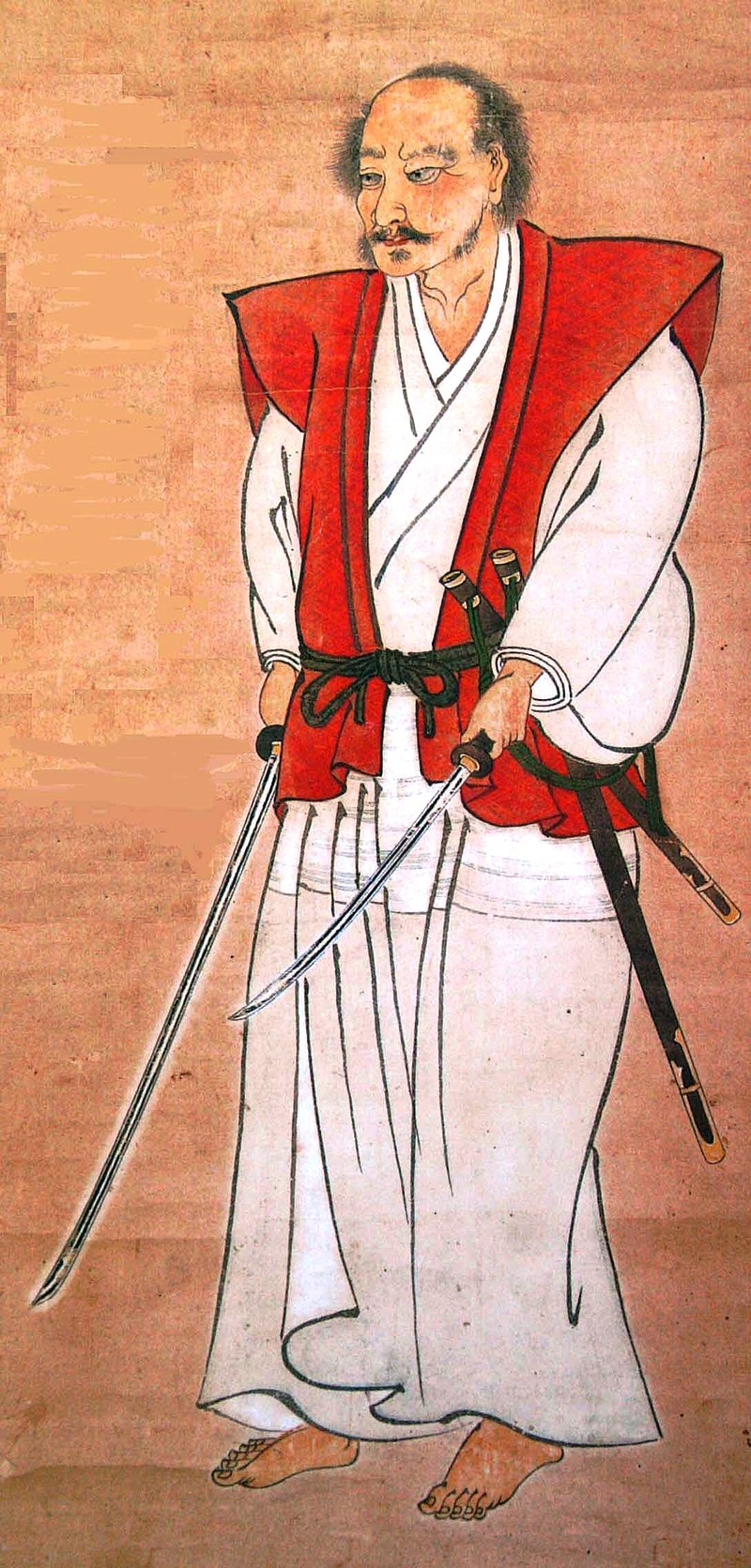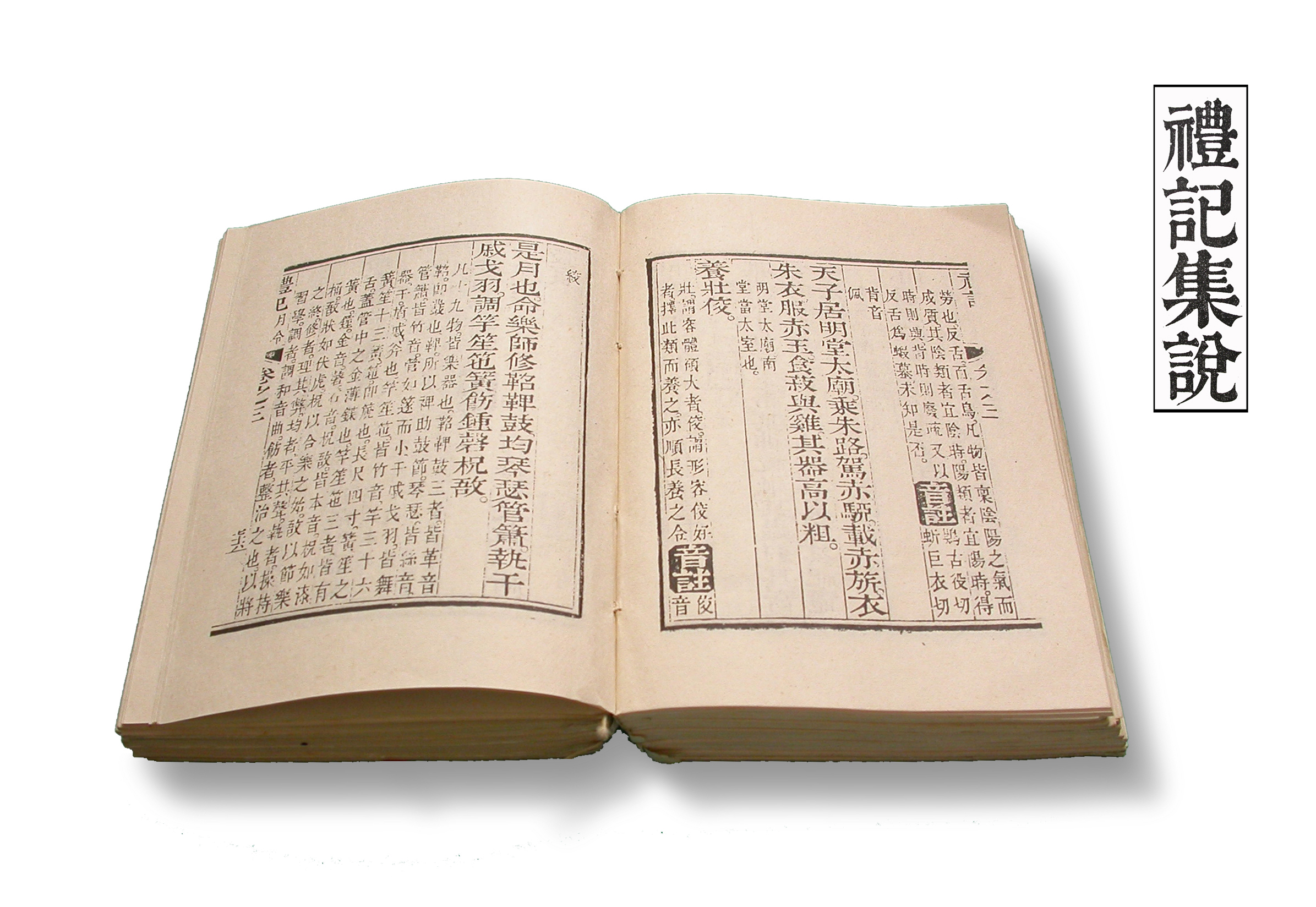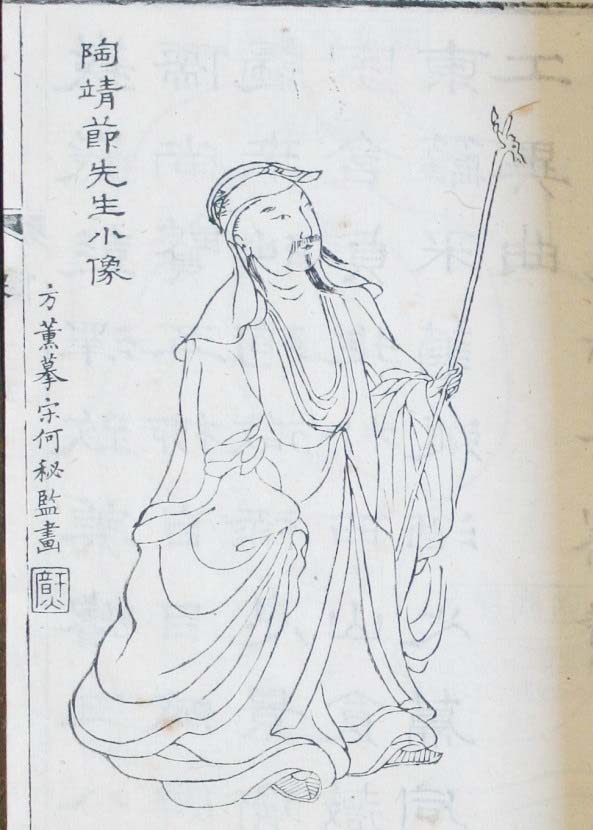There is a famous sword master in Japan’s history, and his name is Miyamoto Musashi.

Miyamoto Musashi(source:Wikipedia)
I just recently wrote about living in “want to” and striving for one’s dream, and I decided to continue noting the importance of lifelong learning, which is also meant as my own reminder.
Miyamoto Musashi wrote a book titled The Book of Five Rings, and the following lines are found in one of the five chapters, The Book of Water:
Today is victory over yourself of yesterday;
tomorrow is your victory over lesser men.
Next, to beat more skillful men, train accordingly.
…
Practicing for a thousand days is discipline
and practicing for ten thousand days is refining.
“The Book of Five Rings” by Musashi Miyamoto (partly referenced the translation by Victor Harris, 1974)
Musashi was genius and was known as a sword master, but he was also very known for his extraordinary effort to train himself in the way of the sword. A thousand days of practice, which is roughly three years of practice, will allow you to be disciplined, and ten thousand days of practice, which is 30 years of practice, will allow you to reach refinement. Practicing for 5 or 10 years is just halfway, he says.
Today, you beat yesterday’s self, and tomorrow, you aim to beat a lesser enemy. One day, you will aspire to beat a more skillful man than you. Even though you may be halfway through right now, you can always set your sights high and strive to achieve it. I think that’s what he says.

The Book of Rites (Liji)(source:Wikipedia)
A piece of jade that remains uncut will never become a sacred vessel, and a person that does not learn will never realize the proper way (dao 道).
Even though a banquet is laid out before you, if you do not partake of it, you will not know and enjoy its delights.
Even though the ultimate way (dao 道) lies before you, if you do not learn from it, you will not realize its efficacy.
Thus it is only in learning that we realize our inadequacies, and it is only in teaching that we realize our limitations and perplexity.
It is only in realizing our inadequacies that we are able to become self-critical, and only in realizing our limitations that we are able to improve ourselves.
Teaching and learning complement each other.
The Book of Rites (Liji) On the Subject of Education (XueJi), Chapter 18
Reference: Xu Di & Hunter McEwan (2016), “Chinese Philosophy on Teaching and Learning: Xueji in the Twenty-First Century”
Those who are not aware of their immaturity tend to think they are close to mastery, and those who are tend to see the long way they have to go. The real gifted artists won’t be elated by compliments (I feel like they rather tend to get bothered or annoyed by compliments). These people have their own measurement for their goals and care deeply about whether they are on track or not, whether they have reached them or not. They aren’t swayed by accolades. And these people tend to find incompleteness in themselves every time they perform excellently. They see the gap between their ideal and where they stand. They strive to get closer and struggle with the distance. Yet they just can’t sit still… they stand up again and again in order to pursue their goal… This is what I call talent.
Going back to my message here, it is of utmost importance for us to keep learning. As is said in the Analects’ Duke Ling of Wey, “The better plan is to learn.” Furthermore, “Those who know it are not as great as those who like it, and those who like it are not as great as those who take delight in it.” (The Analects, Yong Ye).
To conclude, I note the following poem – this is also for me to keep in mind:

Tao Yuan Ming(source:Wikipedia)
The prime of life will not come twice
And one day never has two mornings
We urge ourselves without delay
Time and tide wait for no man
Tao Yuan Ming, “Encourage Learning”
Reference: Translation by Yisheng Lan (2013)